Depression is a mental illness that affects the way a person feels, thinks, behaves and functions. The condition makes one feel sad, discouraged, hopeless, unmotivated, or disinterested in life. Although it is normal to experience these feelings from time to time, if they last for more than two weeks, you may be suffering from depression.
Symptoms of depression
If you have been experiencing some of the following symptoms regularly for at least two weeks, you may be suffering from depression:
- Persistently feeling sad, anxious or “empty”
- Feelings of hopelessness or pessimism
- Irritability
- Feeling restless or having trouble sitting still
- Difficulty concentrating, remembering, or making decisions
- Difficulty sleeping, early-morning awakening, or oversleeping
- Appetite and/or weight changes
- Feelings of worthlessness, guilt, or helplessness
- Loss of interest in hobbies and activities
- Decreased energy or fatigue
- Sluggishness
- Thoughts of death or suicide/suicide attempts
- Pains, aches, headaches, cramps, or digestive problems without a clear physical cause
Treatment for depression
Living with depression can be challenging, but treatment can help improve your overall quality of life. Contact Dr Khabisi to discuss possible treatment options. You may successfully manage symptoms with one form of treatment, or you may find that a combination of treatments works best. Dr Khabisi usually combines psychotherapy with medications for a holistic approach to managing symptoms. If you have severe depression, you may need to be admitted to a hospital or participate in an outpatient treatment programme until your symptoms improve.
